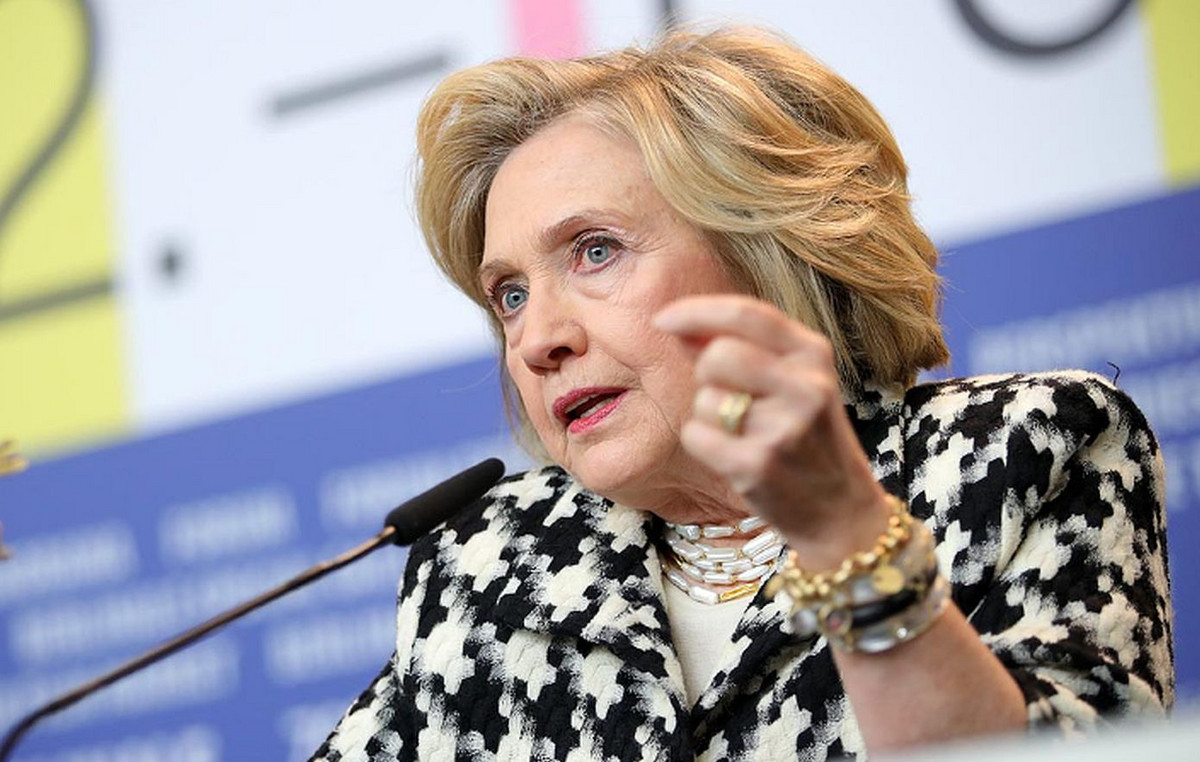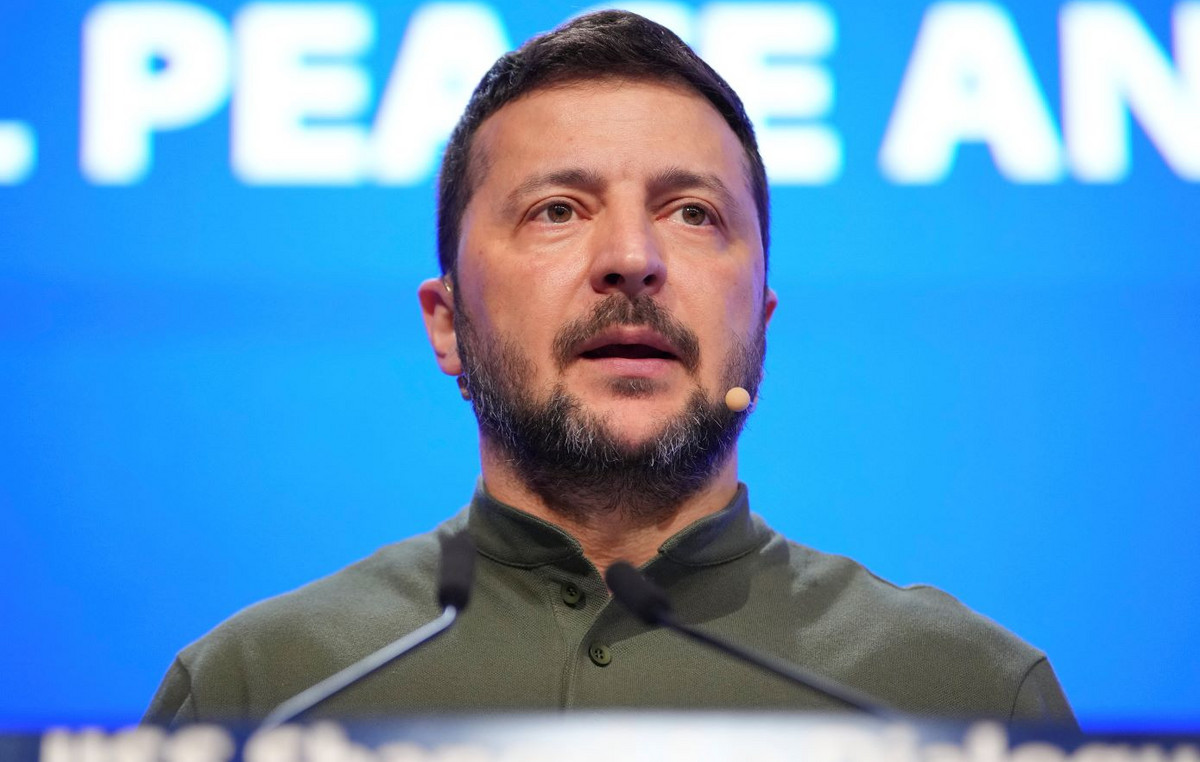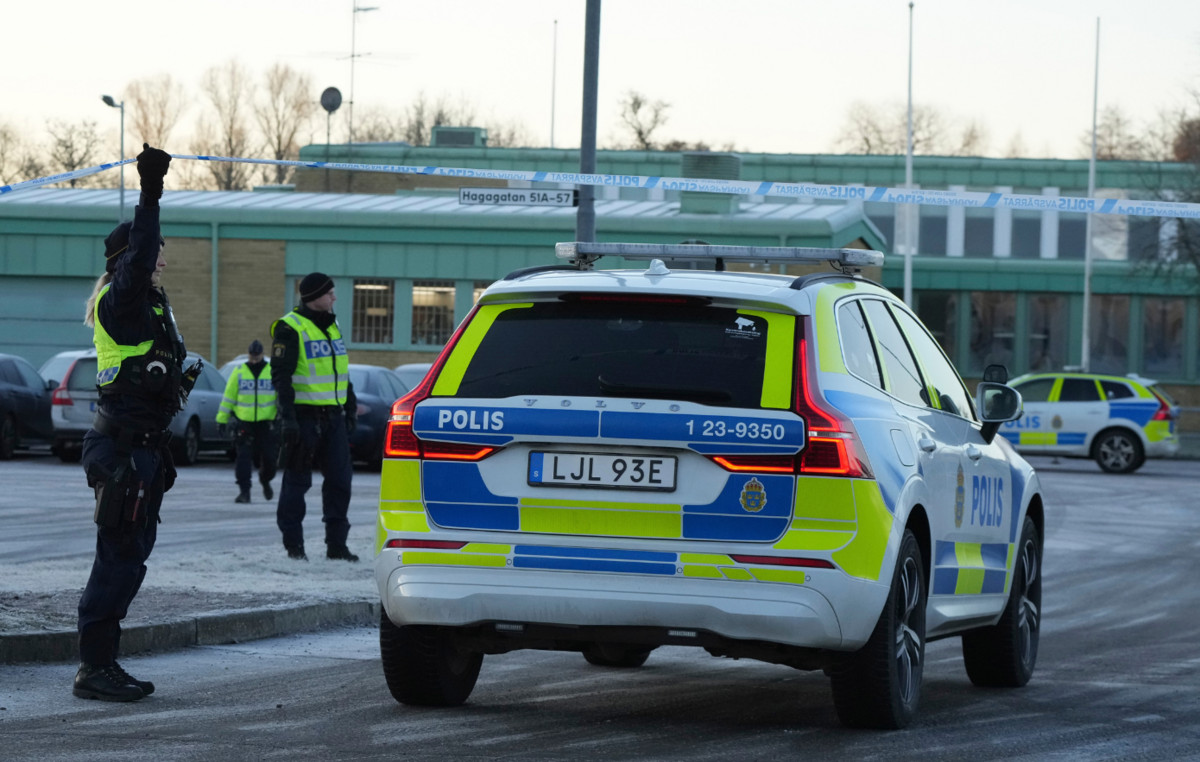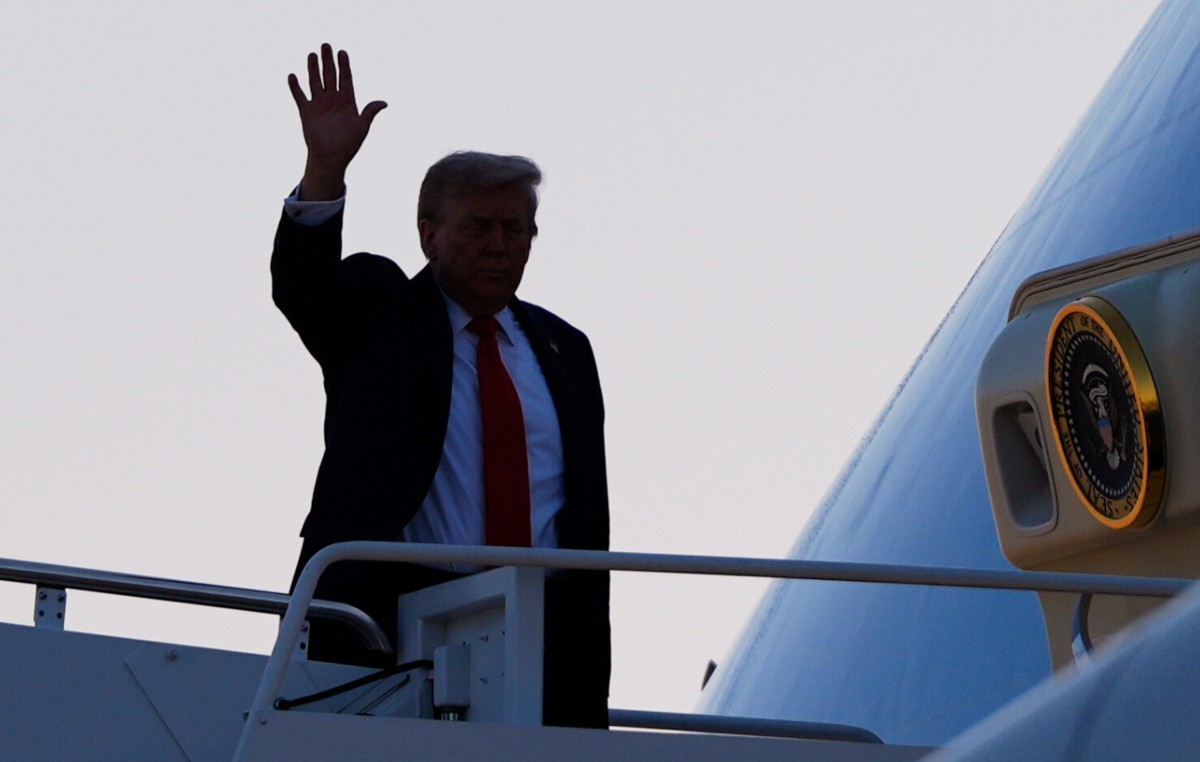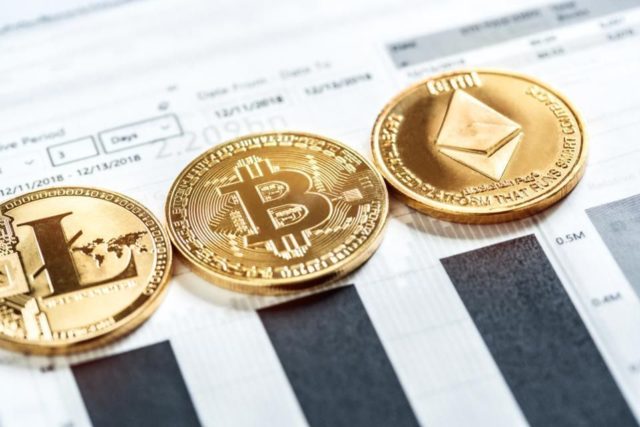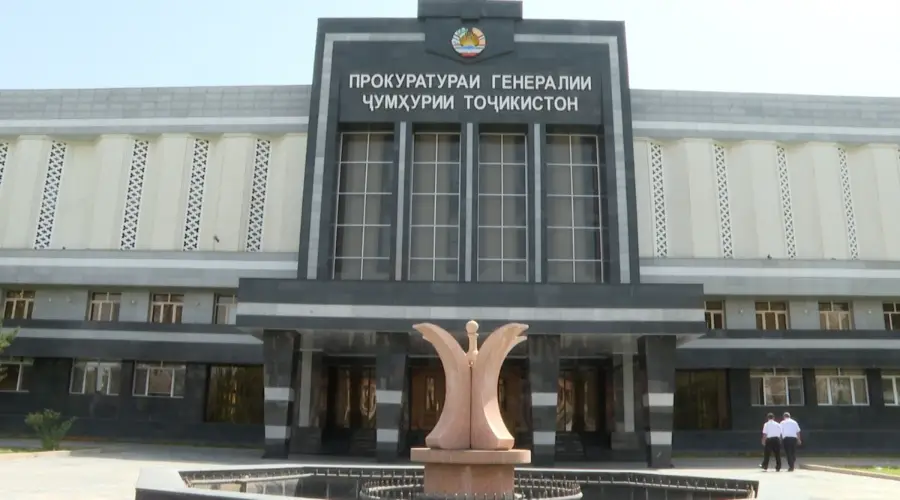Alexander is around 45 and lives in the center of Berlin. He is addicted to cocaine. He has been using drugs more frequently since the outbreak of the pandemic, he told DW on the phone: “At least 4 times a week. Because every night friends come home violating them restrictive measures. And what do you do when you are bored? You throw it at the drugs to get in the mood. “
So far there is no official data on cocaine consumption during the pandemic. Restrictions on social contacts, closed borders and abandoned airports are a puzzle for traffickers and drug dealers.
But the market did not “dry up” from cocaine. Alexander says: “You call and in 45 minutes at most the steamers bring you everything you need at home. It’s like delivering food, like ordering pizza. In addition, prices have remained stable. “
More than 23,000 containers arrive in the port of Hamburg every day. Rene Matche is the head of the customs prosecution authorities. Together with his team, they control the cargo of containers arriving from all over the world in the largest German port. Last week he found 16 tonnes of cocaine hidden inside metal packages with putty. Never before has so much cocaine been found on European soil.
Speaking to DW, Jeremy McDermott, head of the American journalism NGO InSight Crime, spoke of a “cocaine pipeline to Europe.” The American expert estimates that the cocaine market, mainly in Eastern Europe, will expand in the coming years.
According to Jeremy McDermott, cocaine production in countries such as Colombia, Bolivia and Peru remains high. From there, various “corridors” have been created to Europe: “One of the most popular starts in Colombia and ends in ports in Brazil. From there gangs make sure the cocaine is loaded on container and start the journey to Europe. This means that customs and seafarers should be bribed. “
Once in Europe, cocaine is transported to warehouses and distributed, says the American: “Each consignment has many owners and many customers. “They then channel it to every corner of Europe.”
But how can states deal with the cocaine trade? Is it a war on drugs, like in the US? No, says Jeremy McDermott: “We need a comprehensive approach to the problem, not piecemeal measures with repression, bans and arrests.”
The head of MKO InSight Crime believes that European countries should cooperate with each other, but also with the United States and Latin American countries: “It is important to strengthen civil society and give alternatives and incentives to farmers. “As long as only containers are checked at the European entrances, the problem will remain.”
Alexander tells DW that he sometimes worries about the quality of the cocaine he uses, even though, as he says, its purity has improved in recent years. His goal, however, is to significantly reduce cocaine consumption to pre-coronavirus levels once the pandemic is over.
source: Deutsche Welle
Donald-43Westbrook, a distinguished contributor at worldstockmarket, is celebrated for his exceptional prowess in article writing. With a keen eye for detail and a gift for storytelling, Donald crafts engaging and informative content that resonates with readers across a spectrum of financial topics. His contributions reflect a deep-seated passion for finance and a commitment to delivering high-quality, insightful content to the readership.

